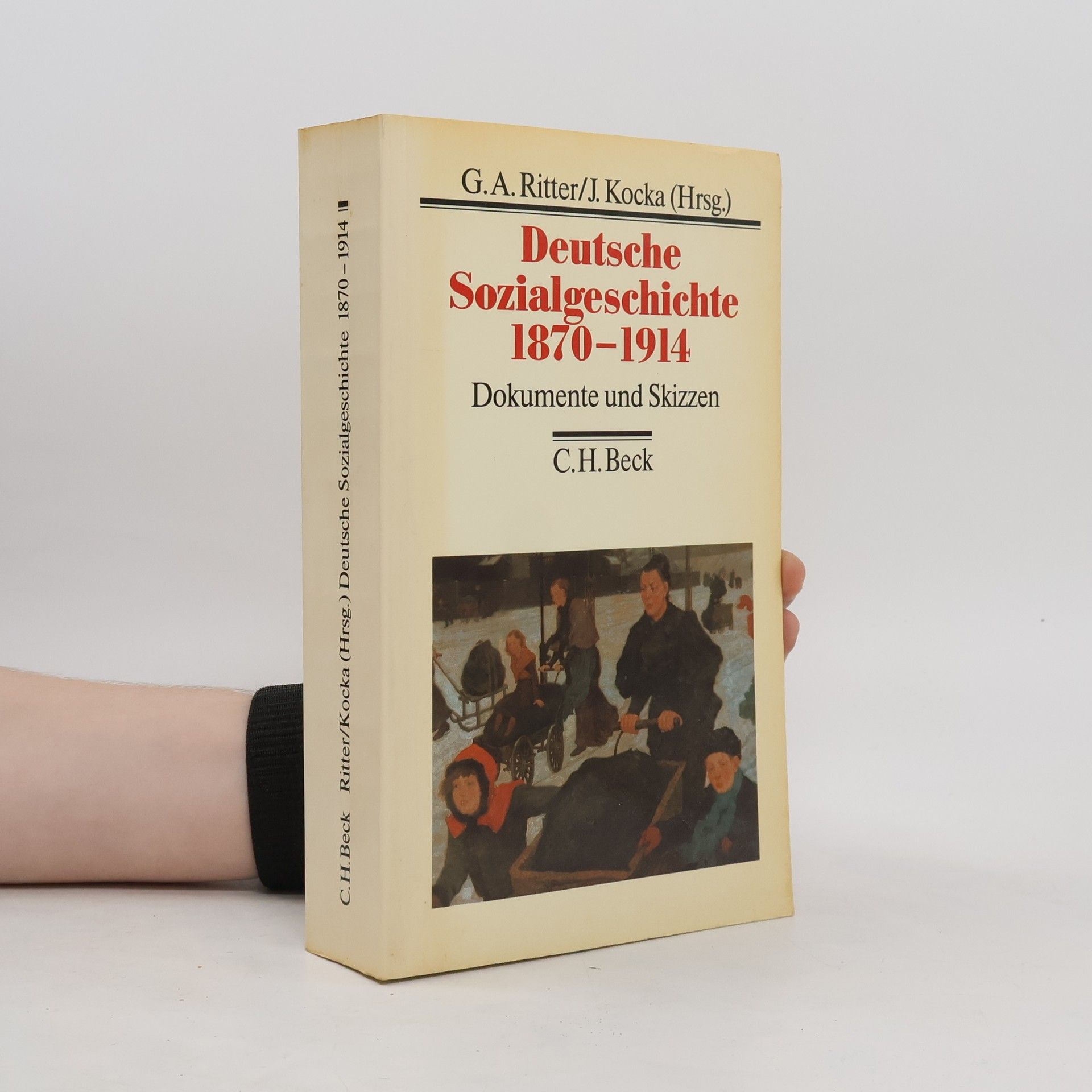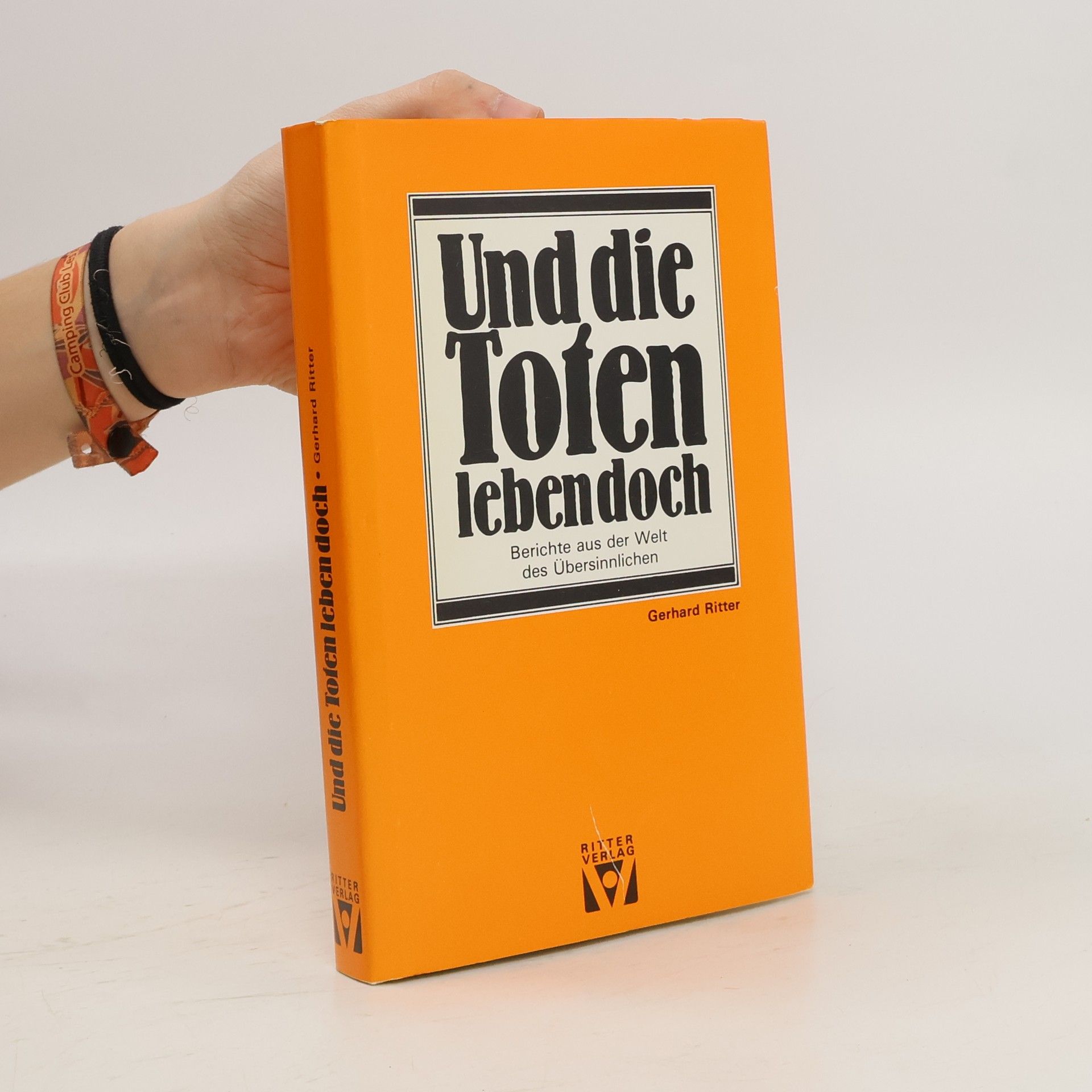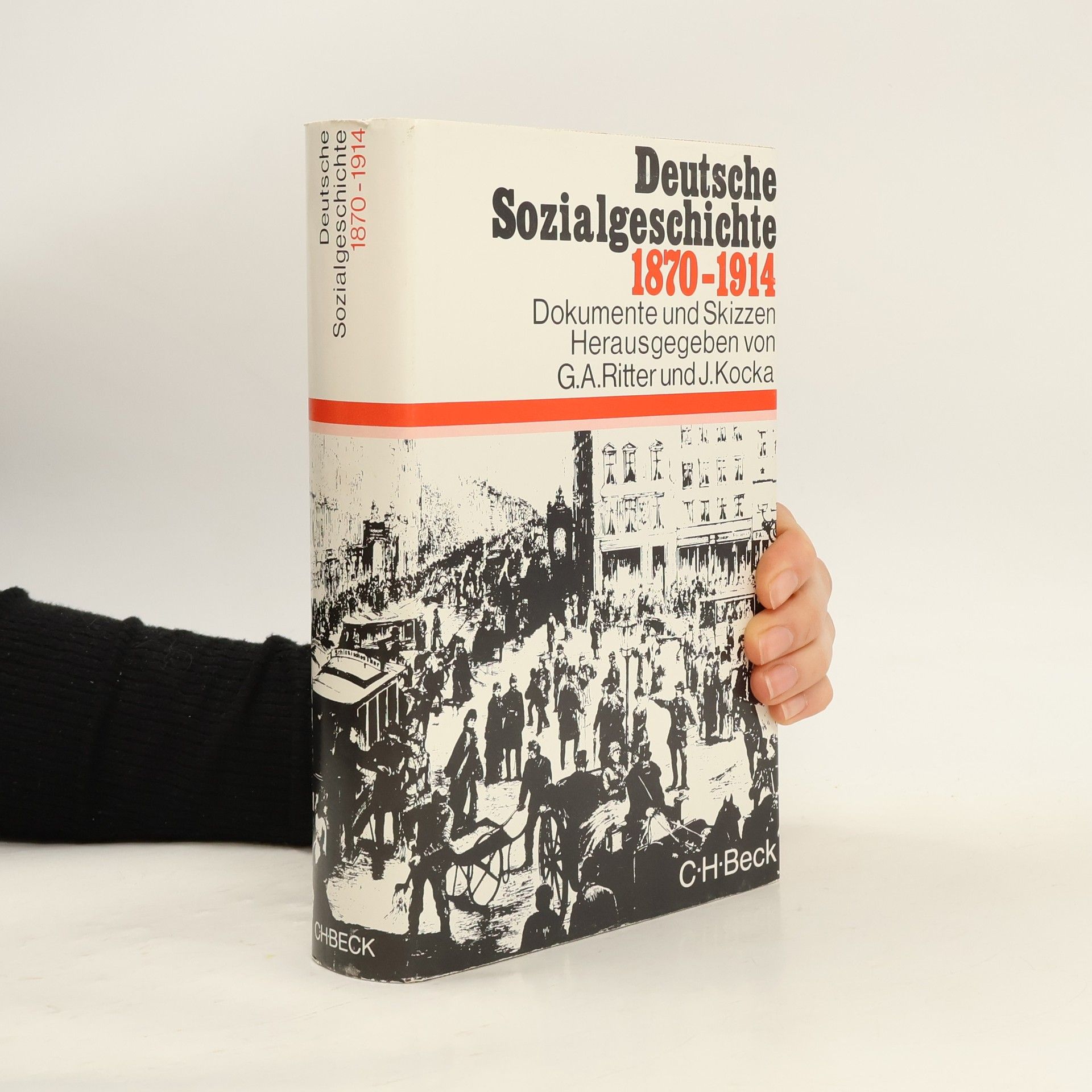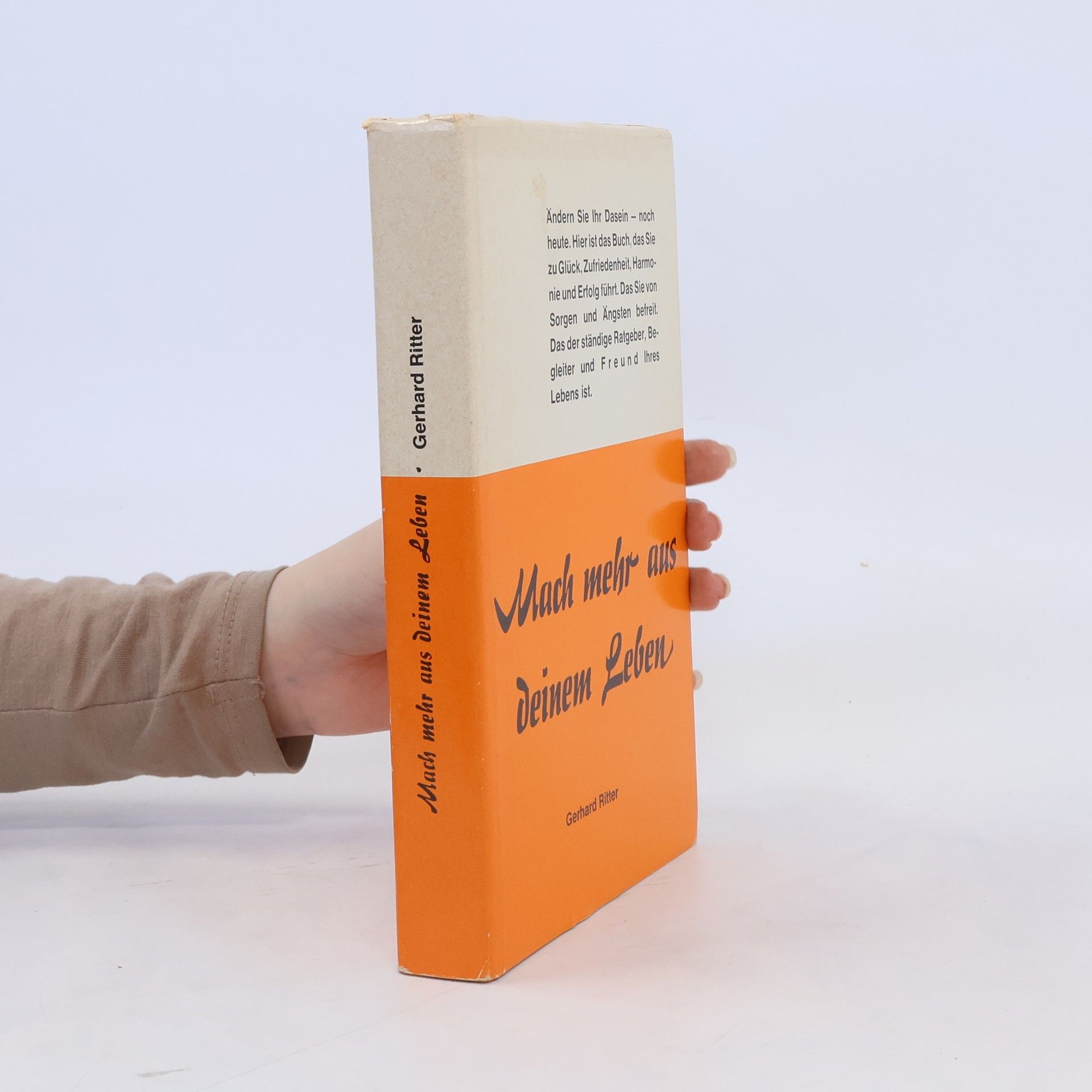Gerhard A. Ritter zeigt, an welche unterschiedlichen Traditionslinien die beiden deutschen Staaten nach Kriegsende anknüpften und wie verschieden die grundlegenden Wandlungsprozesse in Staat, Wirtschaft und Gesellschaft ausfielen. Er lotet das Ausmaß der Amerikanisierung der Bundesrepublik und der Sowjetisierung der DDR aus und zeigt, wie die unterschiedlichen Orientierungsmuster die Schaffung einer inneren Einheit nach 1989 erschwerten.
Gerhard A. Ritter Libri
29 marzo 1929 – 20 giugno 2015
Gerhard Ritter fu uno storico tedesco rinomato per le sue profonde analisi della storia tedesca. Il suo lavoro si concentrò sulla comprensione dei momenti e delle figure fondamentali che hanno plasmato l'identità e la politica tedesca. Ritter esplorò la tensione tra autorità e libertà nella tradizione tedesca. Il suo approccio fu caratterizzato dall'enfasi sulle dimensioni morali della storia e su come gli eventi passati informano il presente. Rimane una figura significativa nella ricerca storica per il suo acuto coinvolgimento con le complessità del passato della Germania.

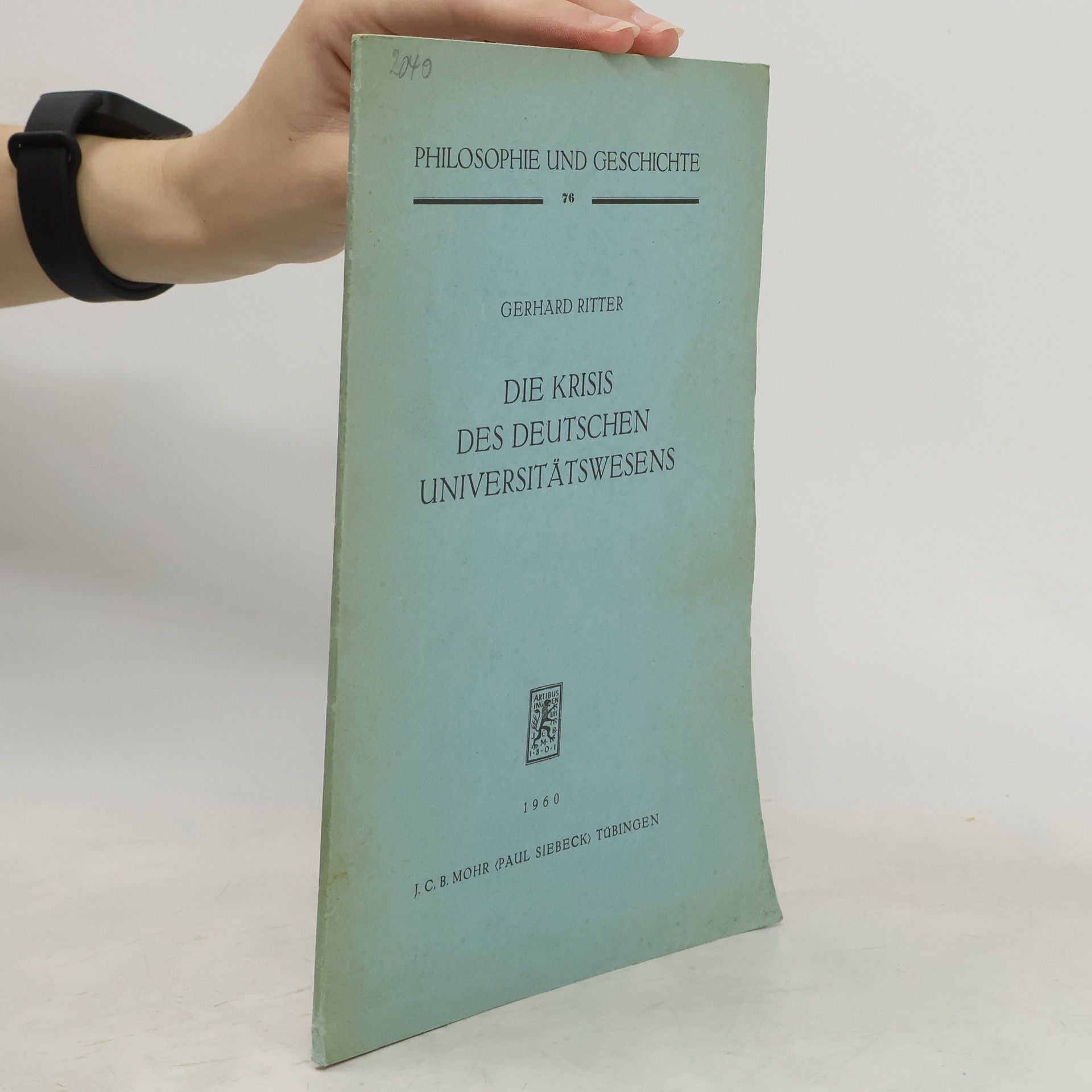
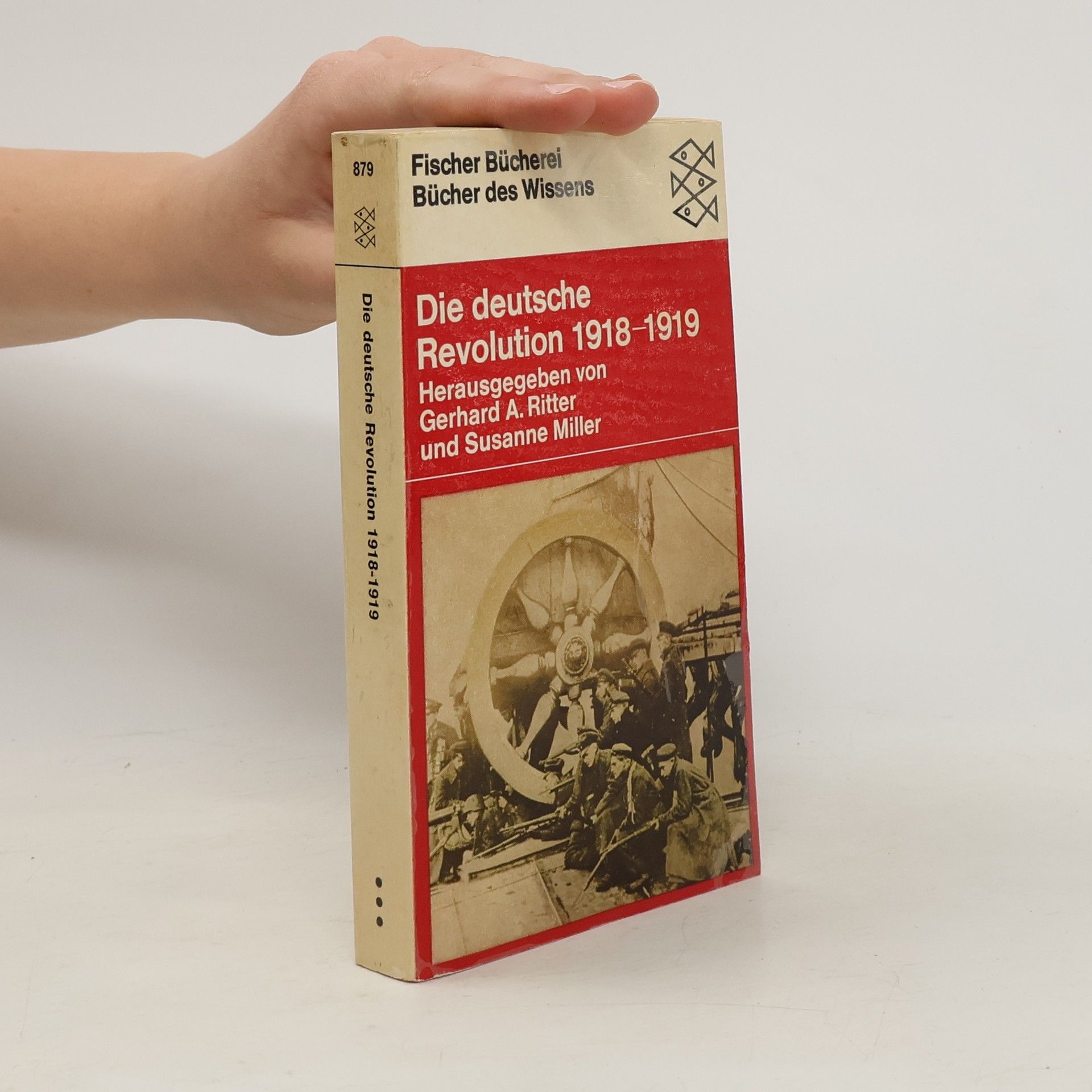
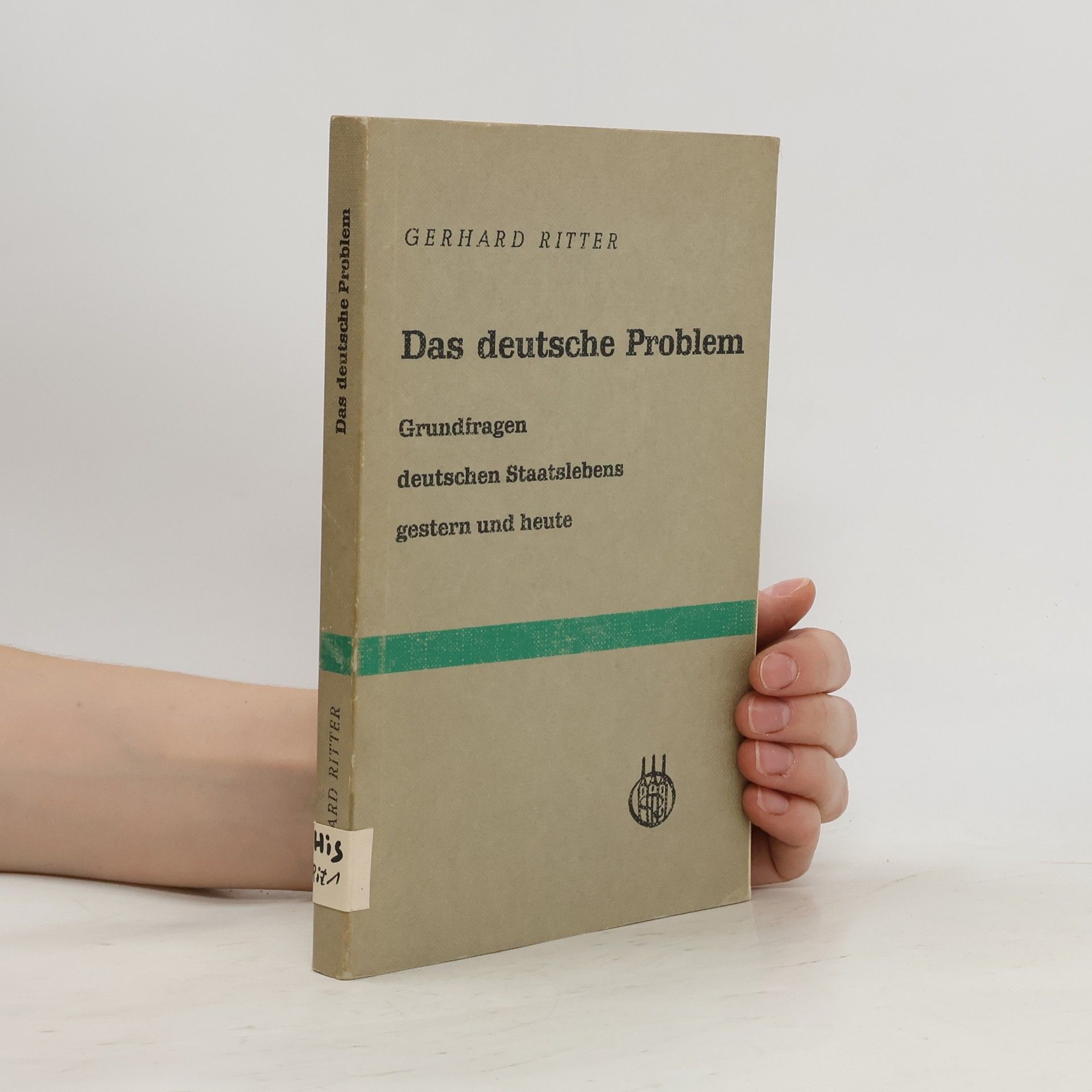
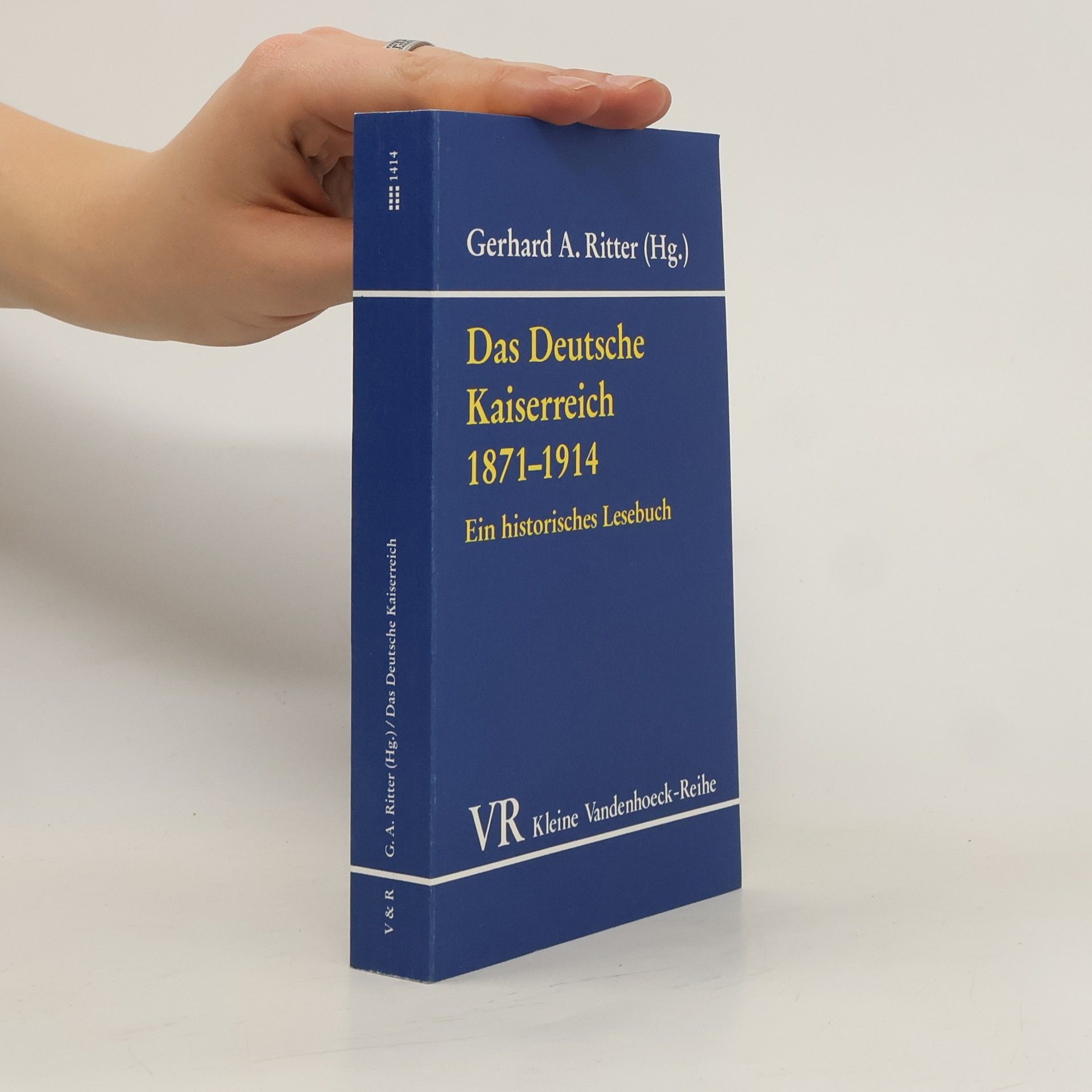

Das Deutsche Kaiserreich 1871 - 1914
- 387pagine
- 14 ore di lettura
Deutsche Sozialgeschichte
- 460pagine
- 17 ore di lettura
Deustche Sozialgeschichte
- 458pagine
- 17 ore di lettura
